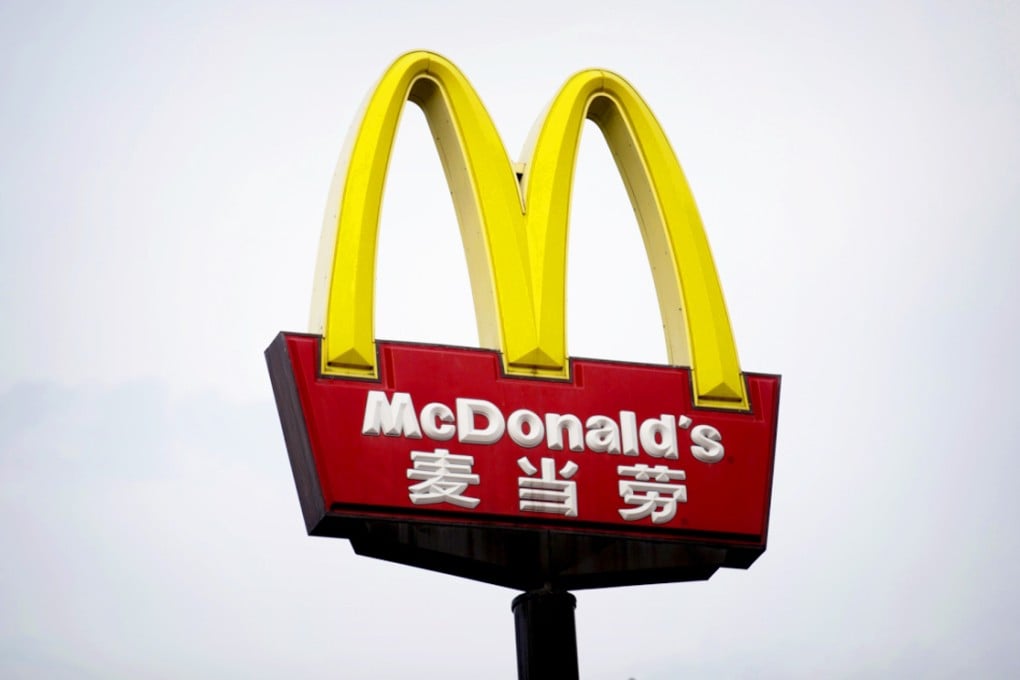Half of Chinese food plants fail inspections
Quality control specialist says 48.1 per cent of the inspections it carried out in China last year failed to meet modern health and safety standards

In a year that marked a nadir for McDonald's, which led the list of foreign food brands engulfed in Chinese scandals, a Hong Kong-based quality control specialist has revealed that nearly half of all food inspections it conducted in the country failed last year.
Of several thousand Chinese food audits, tests and inspections carried out last year by the specialist, AsiaInspection, 48.1 per cent of mainland food processing factories failed to meet acceptable standards. Last year, the company conducted 100,000 inspections and audits in China over all sectors of industry.
The quality control group, hired by suppliers' customers to probe factory floors, says its inspectors are finding China's food processing industry lags 15 years behind its non-food counterparts in terms of technology and regulations.
Major reasons for inspection failures in China included the deliberate mislabelling of product ingredients and the falsifying of ingredients' expiry dates. In lab testing, rogue substances such as pesticides, antibiotics, heavy metals, bacteria and viruses triggered the bad ratings.

The legacy of food scandals includes the tainted infant formula that led to deaths in 2008 and the expired meat that paralysed the operation of fast-food chains just last year.